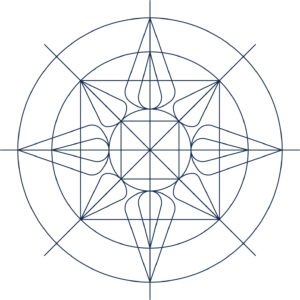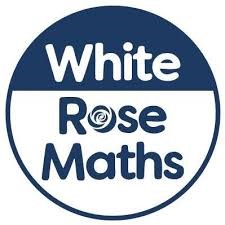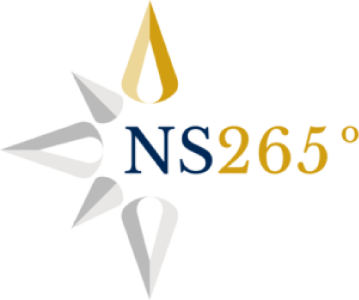 KS3 Maths
KS3 Maths
North Star 265’s mathematics curriculum is designed to enable children to understand the foundations of number, use reasoning, think logically and problem solve with resilience so that they are fully prepared for their future. We believe that teaching children at their appropriate stage not age is key to ensuring they feel suitably challenged in a way that also makes them feel confident and successful.
We build upon the use of the Maths Mastery approach, using the White Rose curriculum planning and delivery materials here. This is a very similar programme of ensuring mastery and building upon a students’ current knowledge when learning new material. We ensure we are focussing on a meaningful mathematics education (rather than test preparation) where we have deeper understanding and greater enjoyment and see improvements in exam performance. This provides a solid foundation for moving onto appropriate KS4 pathways.
Curriculum coverage:
At North Star 265, every pupil receives at least an hour of maths a day to make sure that all areas of the National Curriculum are covered. As a school, we follow the White Rose overview. Here, calculation work takes priority as these are the skills that underpin all areas of mathematics. These overviews are easily accessible via the link below:

KS3 Maths
Whilst this is a guide, teachers work at the pace and needs of their class and plan lessons accordingly.
Cross-curricular maths learning is also encouraged through our enquiry-based curriculum to ensure that pupils see the concepts they learn in their morning sessions in a variety of real life contexts. This enables our learners to become more confident, makes their learning purposeful and allows them to understand the importance of maths in our lives.
Retrieval Opportunities and Maths Fluency
Retrievals are a quick, fun and engaging lesson starting activity on any mathematical area identified as needing work or that has not been taught in a long time.
Retrieval activities begin our maths lessons in a way that engages students in a less formal way, supports the retrieval of prior knowledge – which builds confidence as activities are accessible and the students are successful – and allow our students to have a positive start to their lesson before moving on to new learning which will stretch and challenge them.
Assessment
As well as new units beginning and ending with cold/hot tasks, throughout the year children will be more formally assessed.
In Term 1 this will be with a Standardised Test, this data will be used in their EHCPs.
Term 2,4 and 6 will end with formal assessments, this data will be used to track overall progress in Math.
In Year 9, 10 and 11 the children will be working towards a range of Maths qualifications, beginning with Entry Levels, moving on to Functionals and then eventually in Y11 onto GCSEs.
Entry and Exit
The Cold Task is the first attempt which allows the teacher to see what the student can do independently at the start of a unit.
The Hot Task is taken at the end of each unit and shows the progress the student has made in their learning.
The Cold tasks and Hot tasks are identical – these tasks help build confidence by showing our students how much they have achieved by working hard in lessons and applying their new knowledge. They also support the teacher to plan lessons – which can focus on each student’s needs – provides information on current understanding and highlights misconceptions

